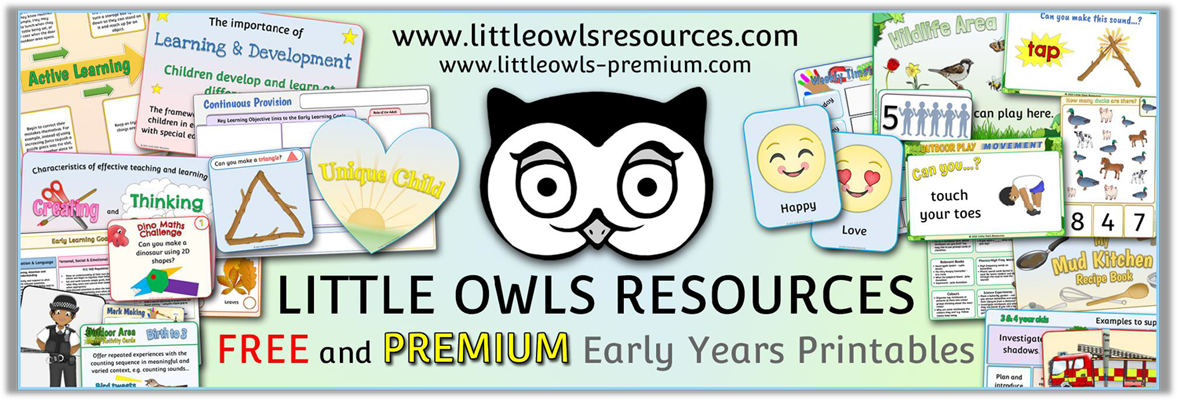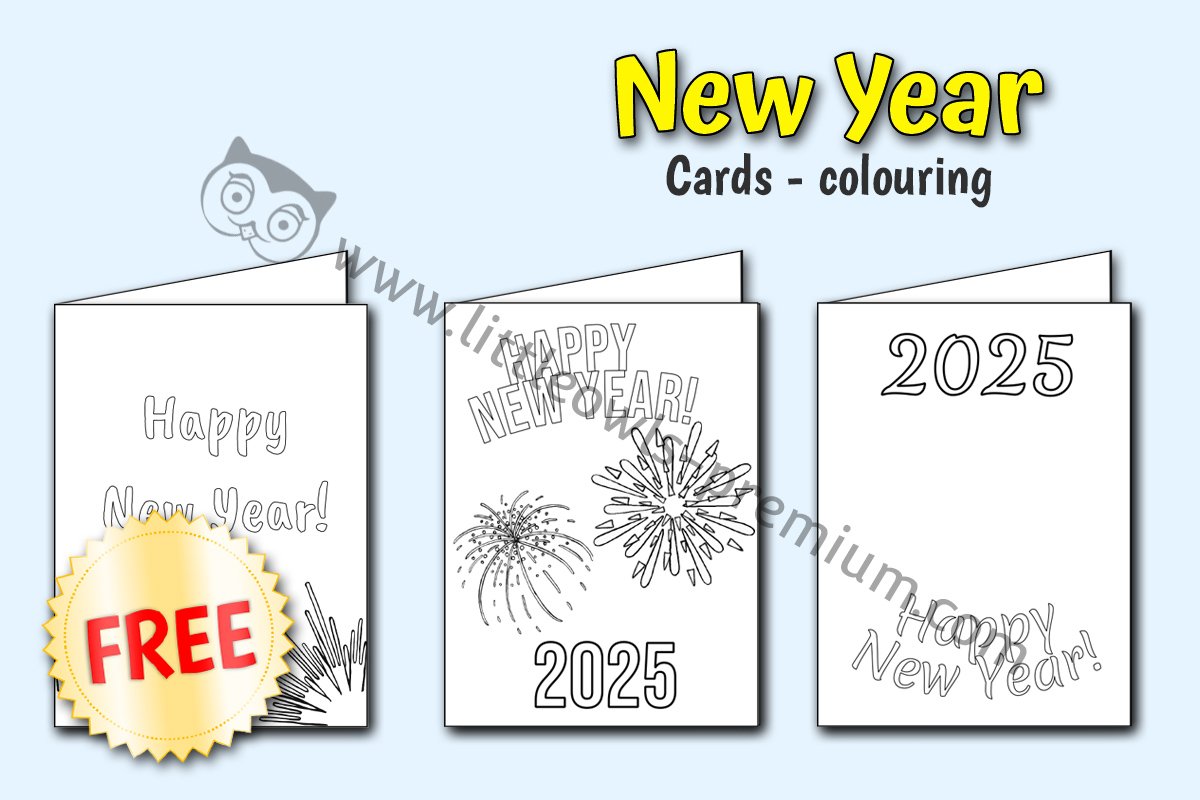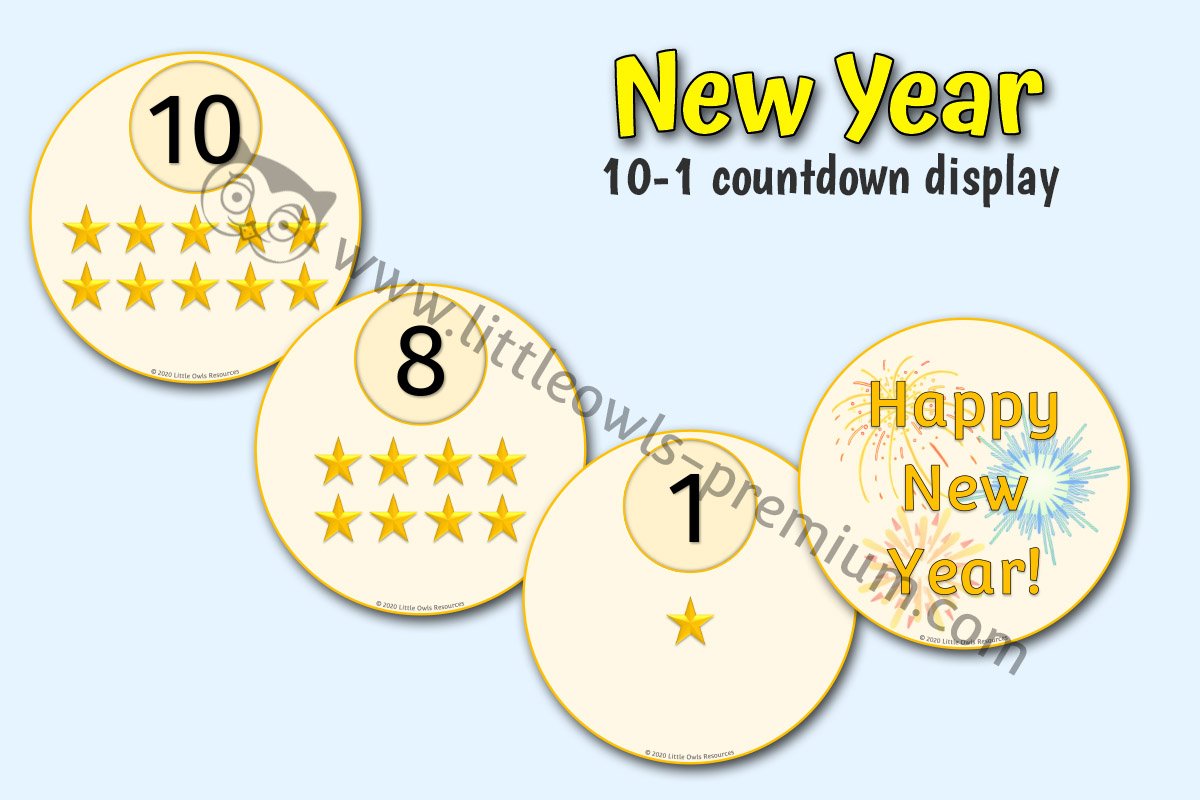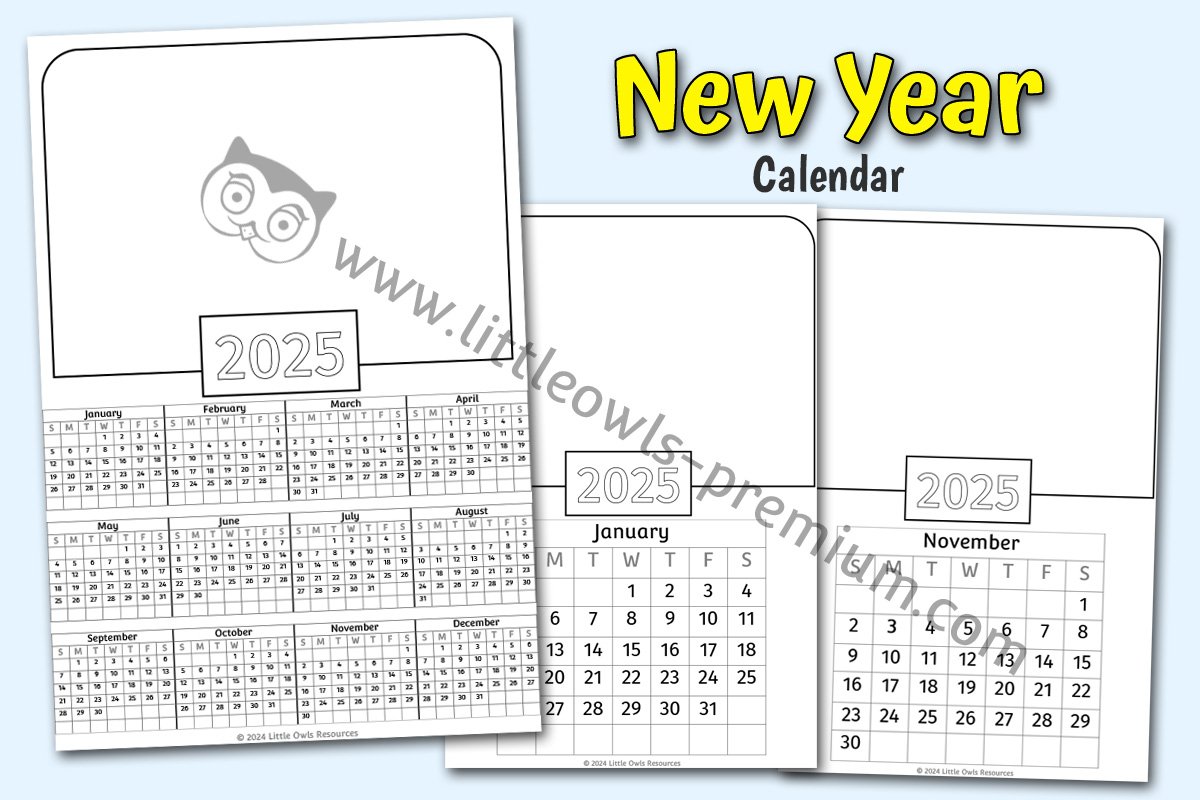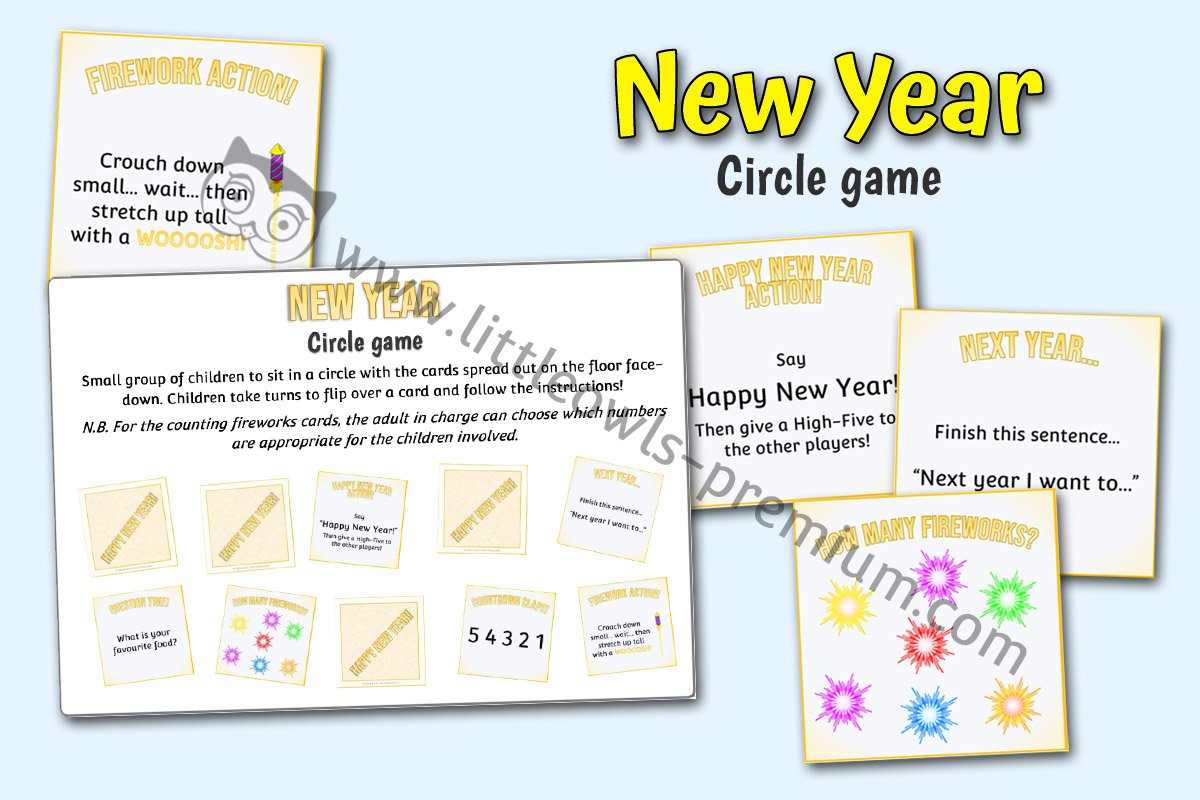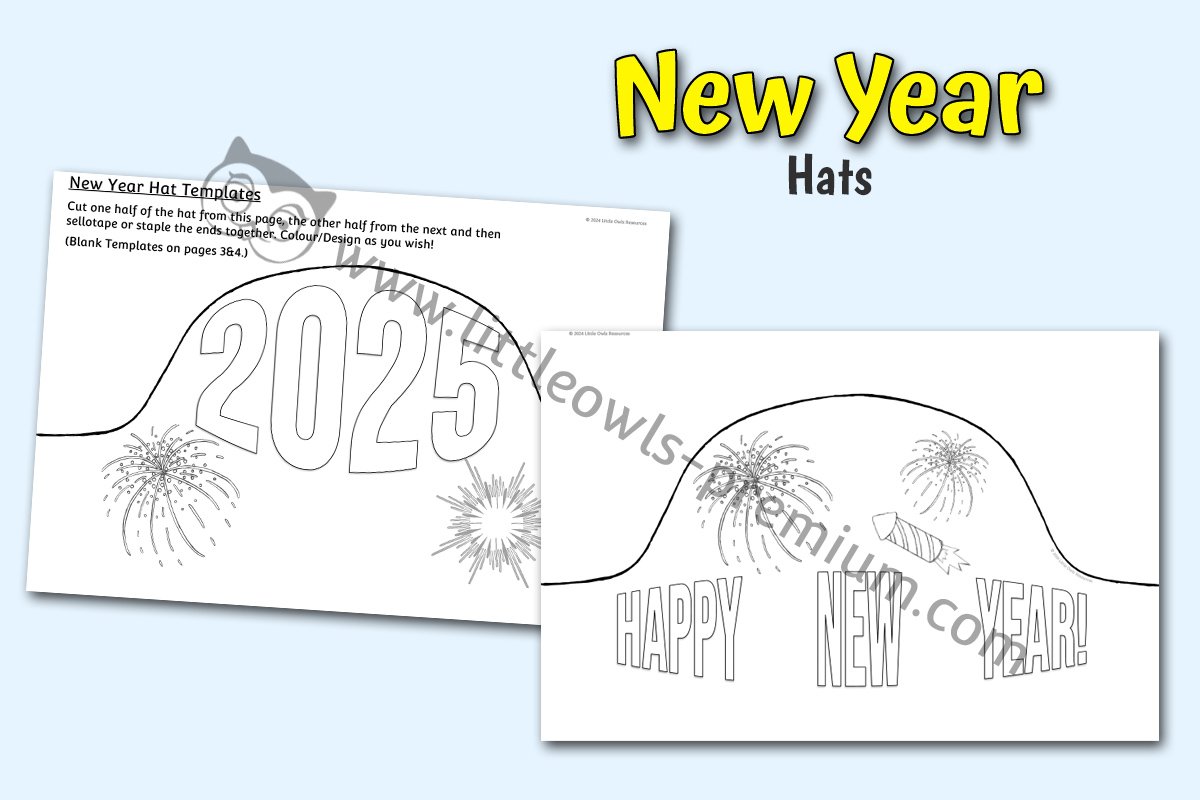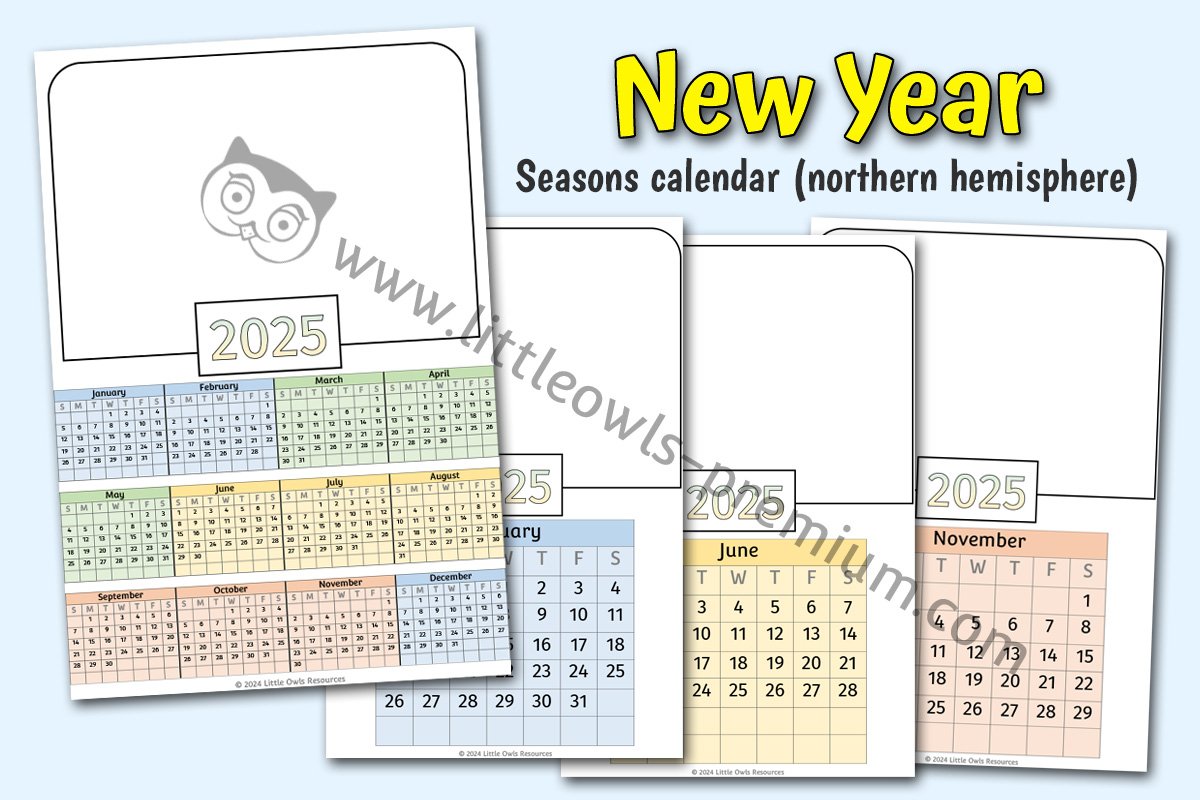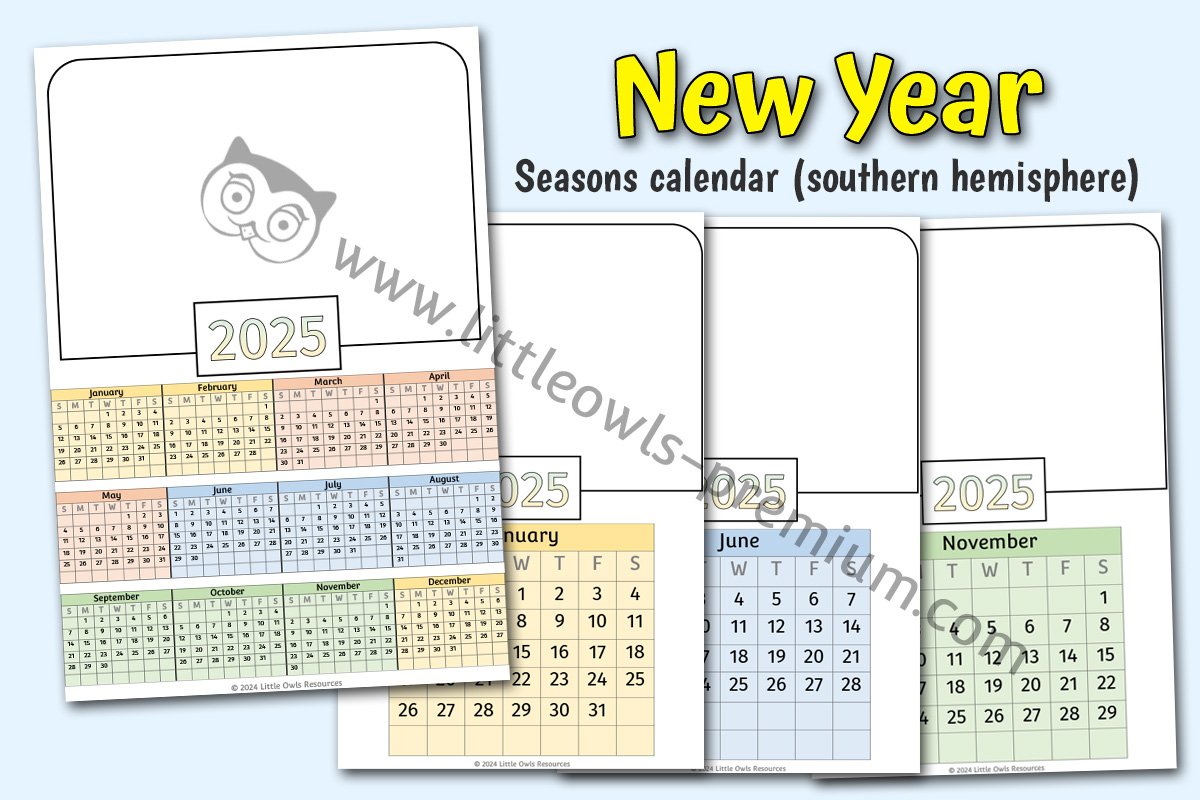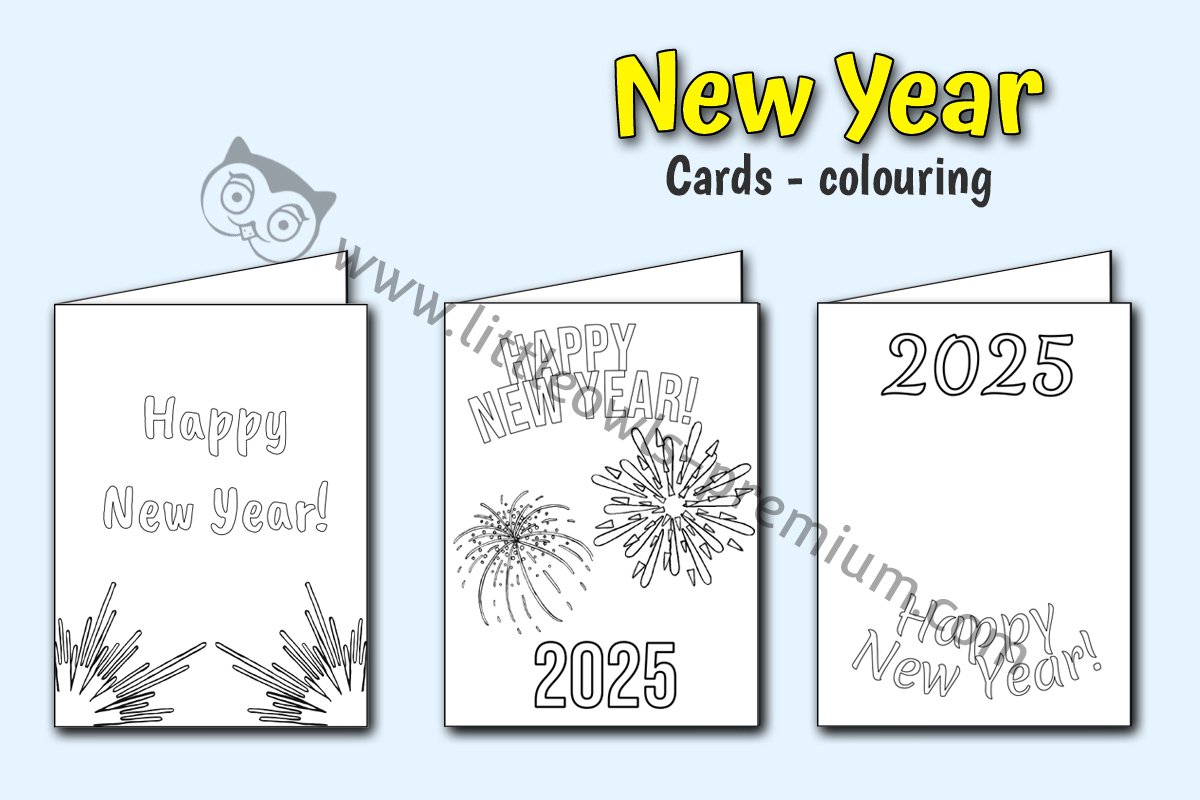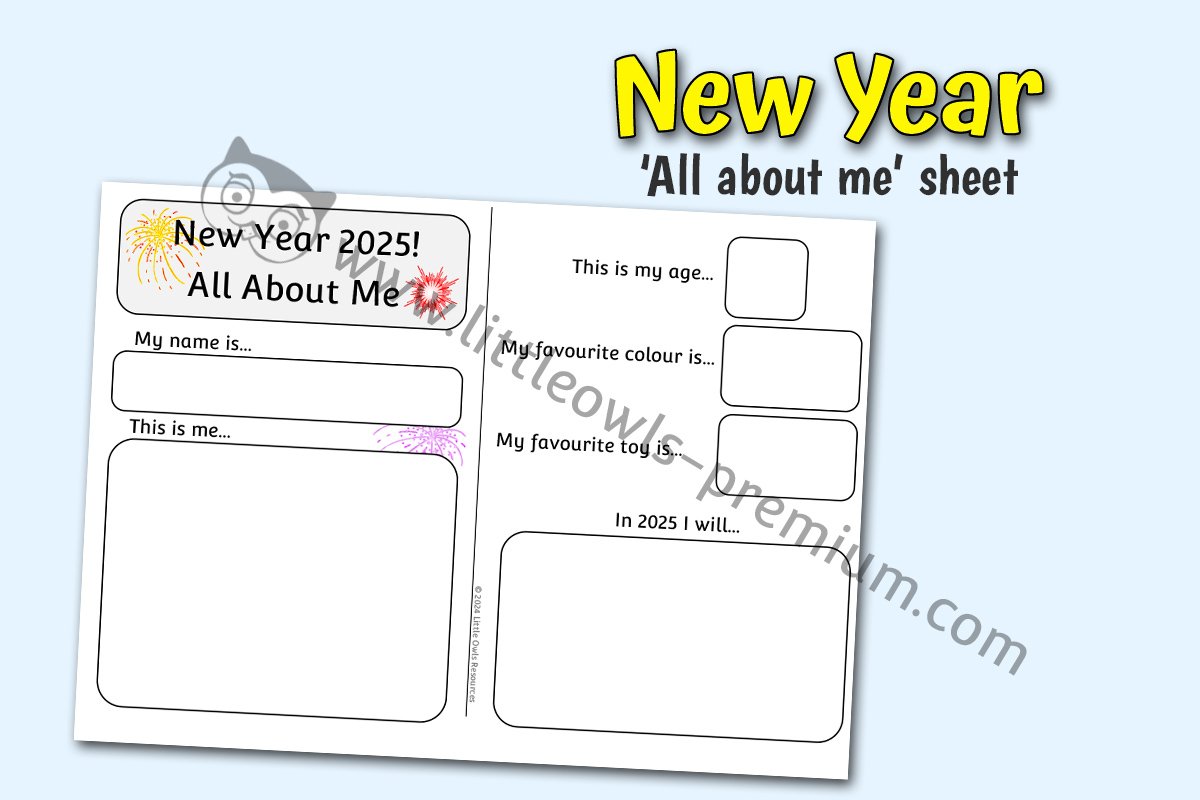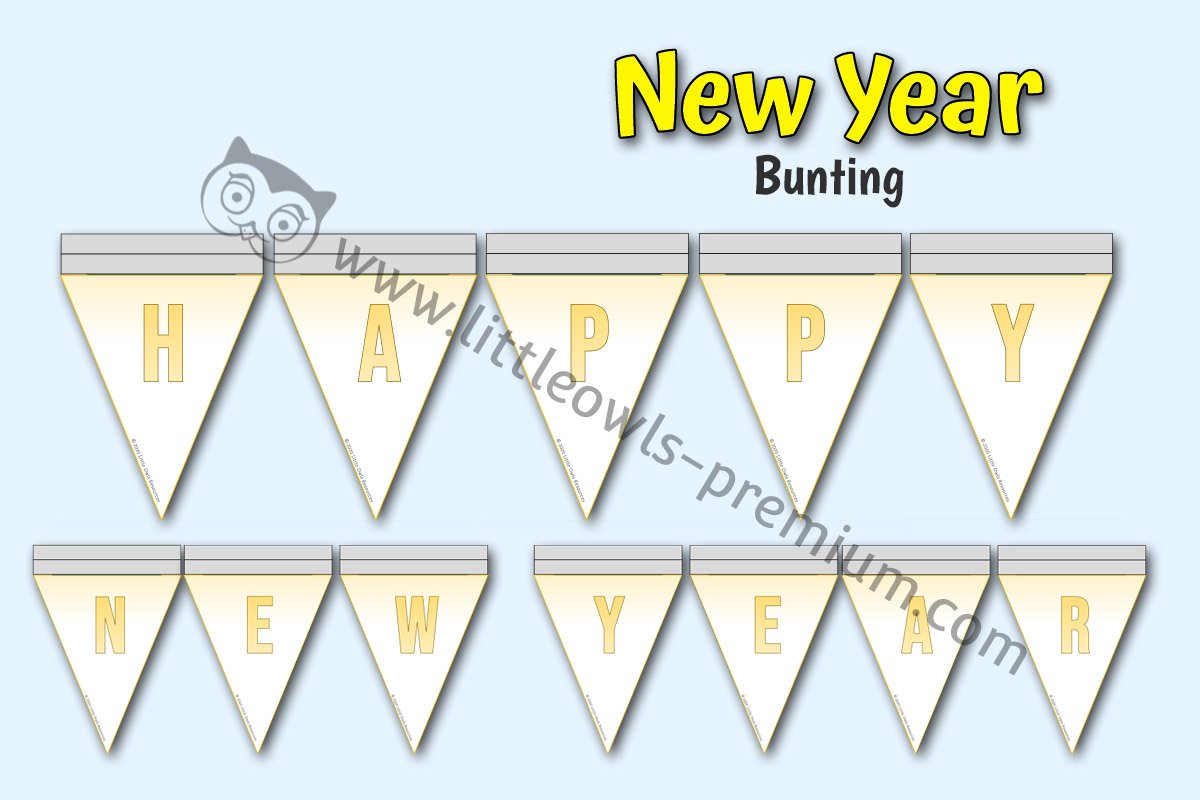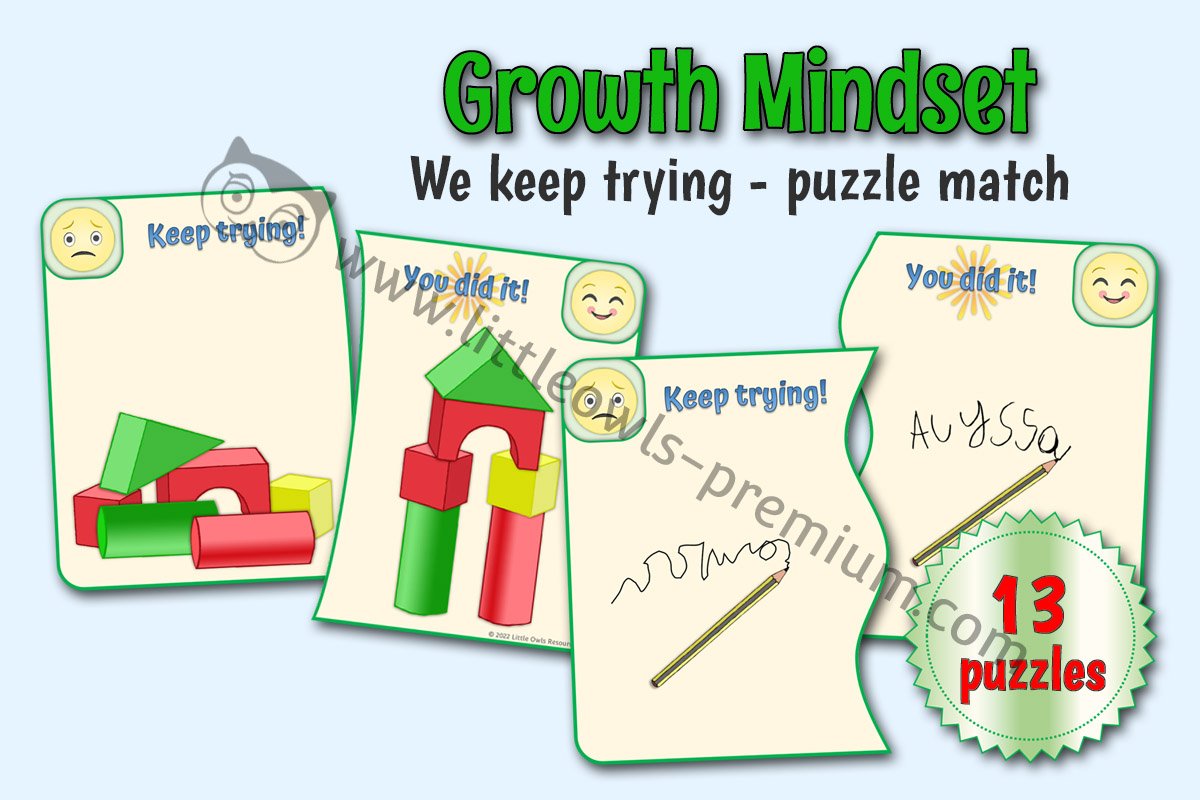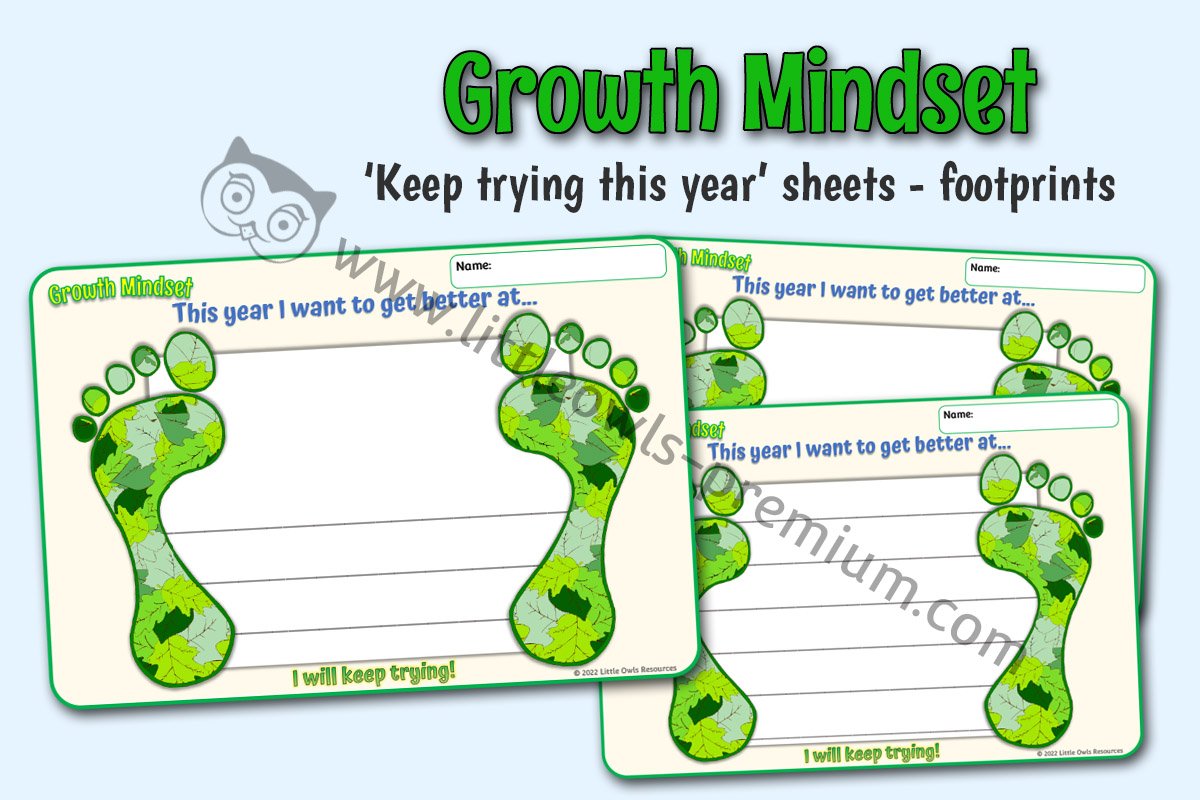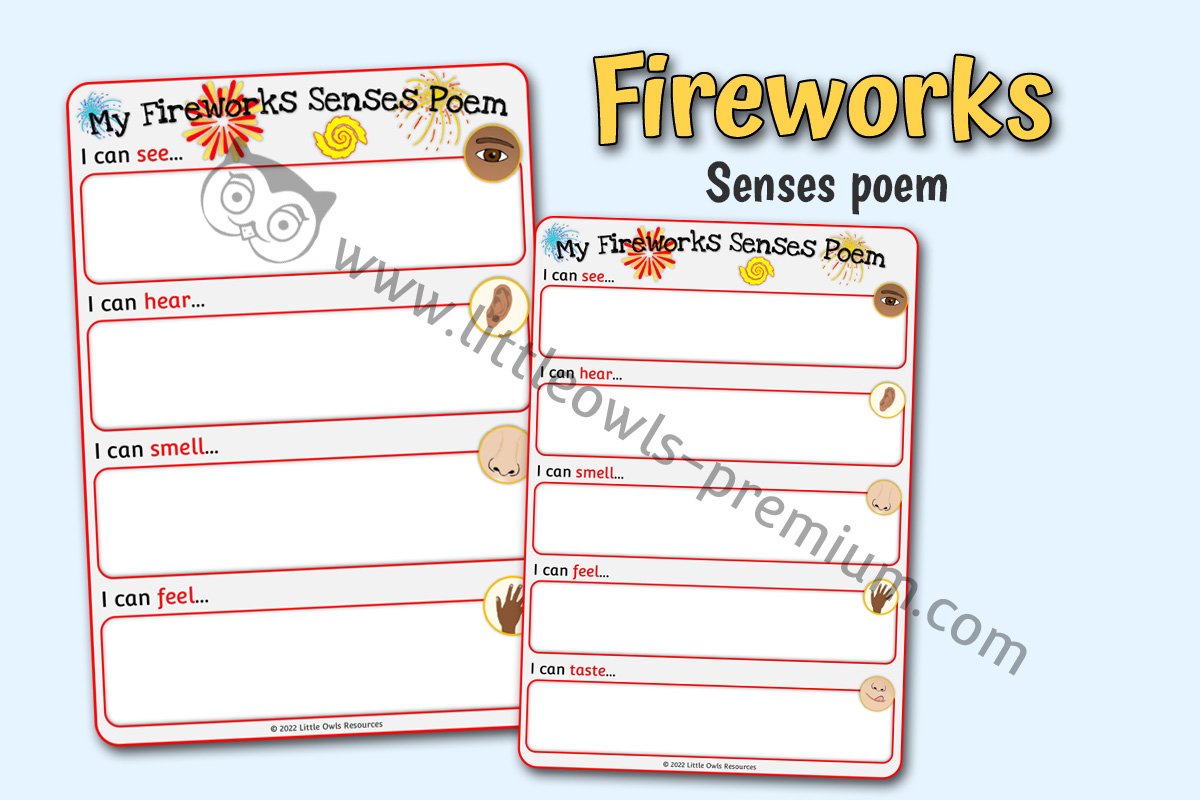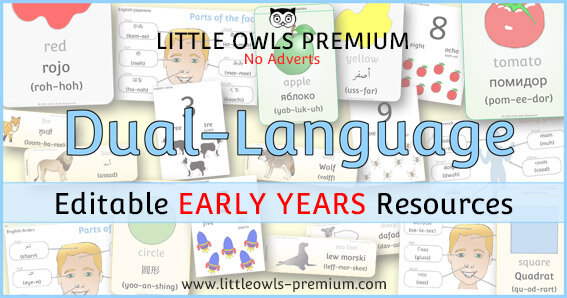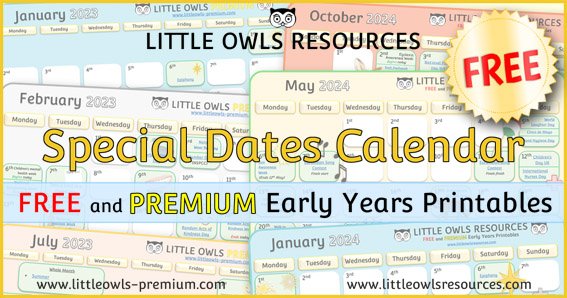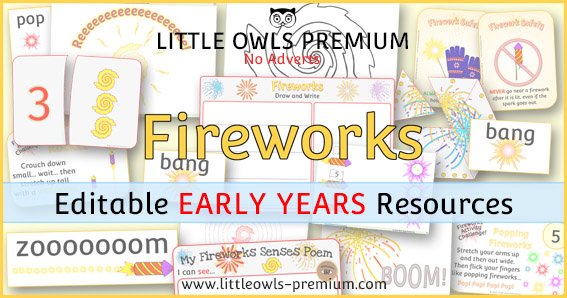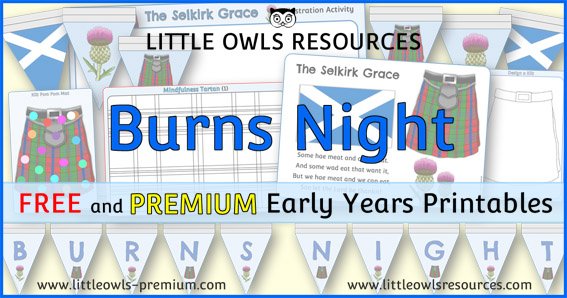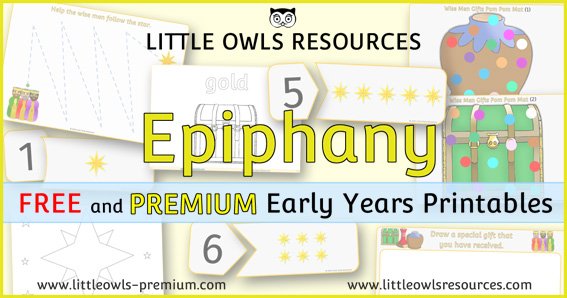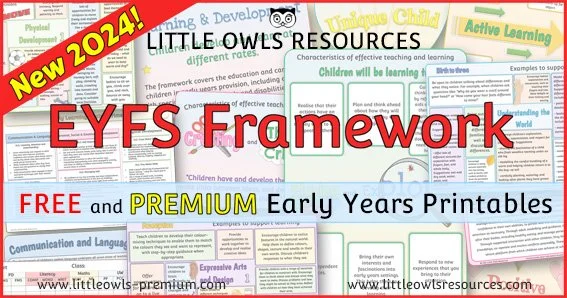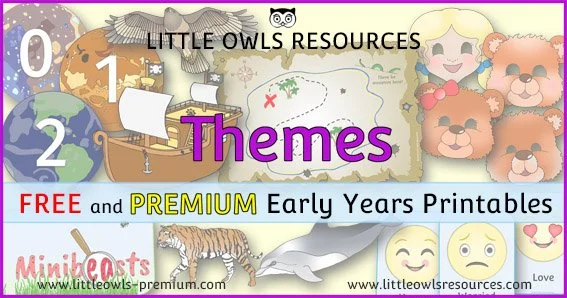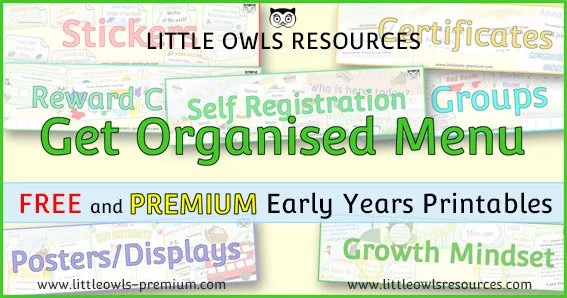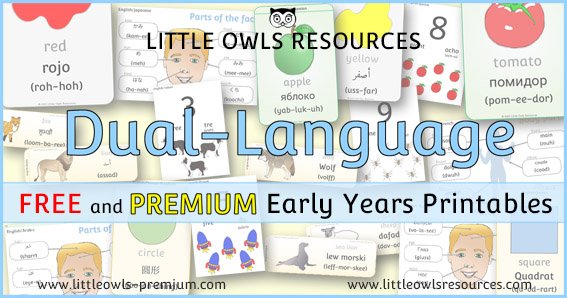New Year’s Day/ New Year’s Eve - EYFS/Early Years activities, Displays and ideas
New Year’s Eve: 31st December / New Year’s Day: 1st January
PLEASE SCROLL DOWN TO BROWSE OUR
‘NEW YEAR’ RESOURCES…
SECTIONS ON THIS PAGE:
Free Sample Resources
Core ‘New Year’ Resources
Additional resources
About ‘New Year’s Eve’ and ‘New Year’s Day’
More January topics/special dates you may be interested in
FREE SAMPLE RESOURCES!
(Click on the images below to find out more)
If you are not a member already, become a ‘Free Access’ member here. This will give you access to resources within the ‘Free Sample Resources’ sections at the top of most pages and ‘Special Dates Calendars’. Some whole topics are even free! Find out more about all of our membership options here. If you are already a member… thank-you! x
Please note that both Editable (docx file) and non-editable (pdf file) versions are available for all New Year topic resources. (Editable files require Microsoft Word to work at optimum level and Non-Editable files require a pdf viewer.)
Click on the thumbnail images below for further details…
You may also be interested in our ‘Growth Mindset’ resources…
You may also be interested in our ‘FIREWORKS’ resources…
You may also be interested in some of our ‘PLANNING’ resources…
You may also be interested in our ‘SPECIAL DATE CALENDARS’…
About ‘New Year’s Eve’ and ‘New Year’s Day’
New Year’s Eve (December 31st) and New Year’s Day (January 1st) are celebrations marking the transition from one calendar year to the next. As some of the most universally recognised holidays worldwide, these days are associated with reflection, anticipation, and the excitement of fresh beginnings.
New Year’s Eve: December 31st
New Year’s Eve is typically marked by celebrations, parties, and gatherings with friends and family, as people say goodbye to the outgoing year. Customs vary widely across cultures, but common traditions include:
Countdown and Midnight Celebrations: People gather in public squares, homes, or at events to count down to midnight, cheering as the clock strikes 12:00.
Fireworks Displays: Fireworks are a longstanding tradition, symbolising both a celebration and the "light" of hope for the new year. Major cities worldwide, including London, New York City, Sydney, and Dubai, host spectacular fireworks shows.
The Ball Drop: In New York City’s Times Square, the New Year’s Eve Ball Drop has become iconic, drawing millions of spectators globally. The ball descends a flagpole over the final minute, with crowds cheering as it hits midnight.
Music and Dancing: Parties, concerts, and dancing are popular, as people enjoy the festive spirit, often with music and drinks to celebrate the year’s close. In the UK, the song “Auld Lang Syne,” written by Scottish poet Robert Burns, is sung after midnight. It’s a tradition for people to hold hands in a circle and sing, reflecting on old friendships and new beginnings.
Resolutions and Reflection: Many people take time to reflect on the past year’s achievements and challenges, often setting New Year’s resolutions—goals for self-improvement or new ambitions for the year ahead.
New Year’s Day: January 1st
New Year’s Day is a time for renewal and new beginnings. It’s often quieter than New Year’s Eve, with people focusing on personal reflections and family traditions. Common customs include:
Making New Year’s Resolutions: A tradition of self-reflection, people often set resolutions on New Year’s Day, aiming for personal growth, improved health, or new achievements.
Family Gatherings and Meals: Many people enjoy a traditional meal with family on New Year’s Day. Foods symbolising good luck are common, such as black-eyed peas and greens in the U.S. South, grapes in Spain, or noodles in Japan.
New Year’s Parades: In the United States, the Rose Parade in Pasadena, California, is famous for its elaborate floral floats. The London New Year’s Day Parade is a major event, featuring colourful floats, marching bands, dance troupes, and performers from around the world. Other cities hold similar parades, celebrating with colourful displays, marching bands, and community festivities.
New Year’s Day Sports: Major sporting events are a big part of the day in some cultures. In the United States, for example, college football bowl games are traditionally played on January 1st, attracting millions of viewers.
Dip in the Sea: A tradition in some parts of the UK, especially in Scotland and Northern England, is to participate in a New Year’s Day swim in freezing waters. Known as “Loony Dook” in Scotland, this is both a fun and charitable event, with participants often donning costumes.
Cultural Variations and Traditions
Around the world, New Year celebrations have unique customs:
Japan: Many people visit temples for Joya no Kane, a Buddhist tradition where a temple bell is struck 108 times to cleanse negative emotions from the past year.
Scotland: Hogmanay is the Scottish New Year celebration, marked by traditions such as first-footing (where the first visitor of the new year brings luck) and singing “Auld Lang Syne.”
Spain and Latin America: People eat 12 grapes at midnight, symbolising good luck for each month of the upcoming year.
China: Though China celebrates the Gregorian New Year, the Chinese New Year or Lunar New Year—celebrated between late January and February—has its unique festivities.
Cultural Significance of New Year’s in the UK
New Year’s Eve and New Year’s Day in the UK are times of joy, unity, and hope for the future. These celebrations blend longstanding traditions with modern festivities, emphasising family, community, and a sense of renewal. For many in the UK, New Year’s is a time to look forward, embrace change, and celebrate the potential that a new year holds.
Symbolism and Meaning
New Year’s represents renewal, hope, and fresh starts. It offers an opportunity for self-reflection and is often celebrated as a moment of unity and togetherness, reinforcing the idea that a new year brings the chance for growth, improvement, and resilience. For many, it’s a time to leave behind difficulties from the past year and embrace possibilities ahead.
More pages you may be interested in…
More January topics/special dates you may be interested in…
